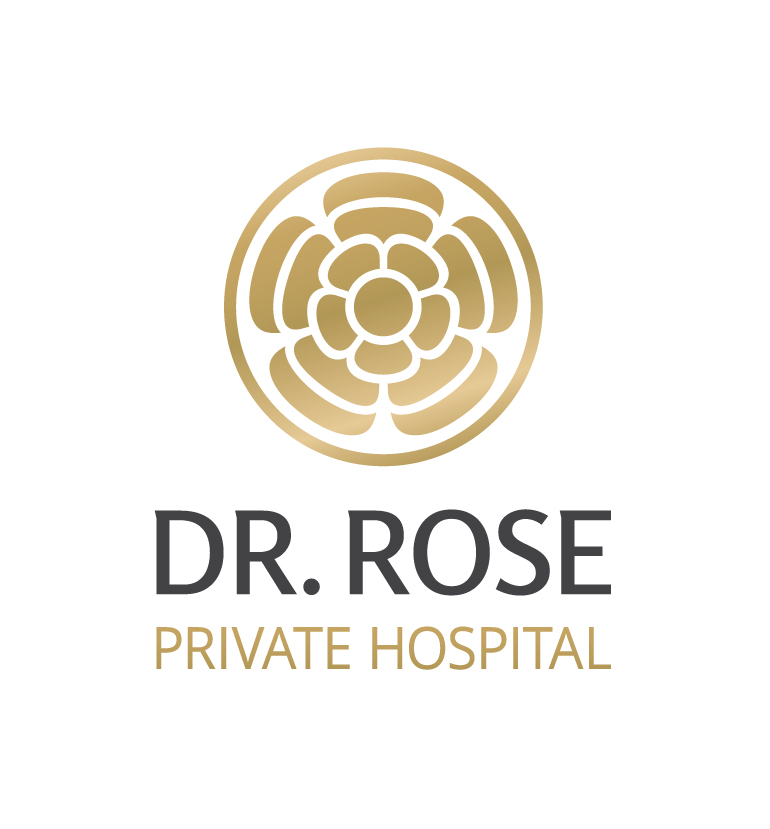'Mustaches For November', By FirstMed Budapest
- 10 Nov 2014 8:00 AM

October girl-power followed by November men-power. I mean Movember men-power, as the month is now semi-officially renamed.
But what is all this about?
In November millions of people all over the world try to raise awareness to men’s health, most prominently testicular and prostate cancers, and related mental health issues. Though the word Movember was coined in 1999 by a group of young men in Adelaide, Australia, it wasn’t until 2004 that a foundation was formed to support several charities, like prostate cancer foundations, research foundations worldwide, and the Livestrong Foundation itself, with fun activities throughout the 11th month of the year. And the “pink ribbon” of the movement is: mustaches everywhere.
The main focus points of the cause
Testicular cancer (TC)
Cancer normally occurs when some of the cells in the given organ reproduce far more rapidly than normal, resulting in a tumor. This is what happens in both testicular and prostate cancers as well.
The testicles are part of the male reproductive system and are responsible for the production of male hormones (mostly testosterone) and sperm.
Testicular cancer is a disease when testicular cells become abnormal (malignant) in one or both testicles. (In the majority of cases, only one testicle is affected.) It is normally first detected by the individual, discovering a lump or swelling in the testicle. Some men also experience a dull ache in the testicle or lower abdomen.
Young men between the age of 18 and 40 years are at the highest risk of developing testicular cancer. The causes of testicular cancer are unknown, however there are possible factors that may increase a man’s risk including:
* Undescended testes at birth
* Family history (father or brother with testicular cancer)
* Previous occurrence of testicular cancer. (Around one in 25 men who have had cancer in one testicle are likely to develop cancer in the other testicle at some stage)
* Down syndrome may also increases a man’s risk
There is no known link between testicular cancer and injury to the testicles, sporting strains, hot baths or wearing tight clothes.
TC is highly treatable, and often curable. It can be cured by surgery, radiation therapy and/or chemotherapy.
Prostate cancer (PC)
Prostate cancer occurs in a man’s prostate — a small walnut-shaped gland located immediately below the bladder, in front of the bowels, which produces the seminal fluid that nourishes and transports sperm.
Prostate cancer is one of the most common types of cancer in men. It usually grows slowly and initially remains confined to the prostate gland, where it may not cause serious harm. If left untreated, PC cells may eventually spread from the prostate and invade distant parts of the body, particularly the lymph nodes and bones, producing secondary tumors in a process known as metastasis. While some types of prostate cancer grow slowly and may need minimal or no treatment, other types are aggressive and can spread quickly.
The majority of prostate cancers have no symptoms, and it is only advanced cancers, which have spread throughout the prostate (and beyond), that cause urinary symptoms such as:
* Urinary issues (slow flow, hesitancy, frequency, urgency)
* Blood in the urine or semen
* Reduced ability to get an erection
* Painful ejaculation
If you have any concerns and are experiencing any of the symptoms above it is important to contact your doctor. Please note that these symptoms are also common to many different conditions, not just prostate cancer.
Risk factors involve old age (65 years and above), family history, poor diet and lack of exercise. While there is no proven way to prevent prostate cancer, you can lower your risk of developing it by following a healthy diet and exercising regularly.
How can you take part in the movement?
Grow a mustache and talk about the cause. And of course donate to a participating charity group if you can, and/or encourage everyone around you to do so. (Go to movember.com.) The most important thing you can do, however, is to start with the man in the mirror. Go for a checkup, talk to your doctor, and make sure that you are not one making the statistics worse.
How do we participate?
During the month of November, or Movember, we’ll offer 15% off of the regular price of our Health Maintenance examination to everyone who shows up to their appointment with a mustache*. No mustache – no problem!
If because of the lack of a Y chromosome, or your workplace won’t let you look like a slob for a month, or you just don’t want to grow one, just say ‘mustache’ at billing and we apply the same 15% discount. Plus for each Health Maintenance exam we’ll donate another 15% of the price to the Prostate Cancer Foundation’s ‘Safeway Foundation $1 Million Matching Grant Challenge’.
So doing good for yourself this month carries two added benefits. Don’t hesitate. If you have not yet had your annual Health Maintenance examination, this is the best time to do it.
Health Maintenance Exam
Regular price: HUF 76,400
November special: HUF 64,940
FirstMed PCF donation: HUF 11,460 ($ 50)
To sign up for your Health Maintenance examination please contact our patient coordinator Tina Palfalvi by calling her at +36 1 224-9090.
* The offer is valid in our Hattyúház clinic on bankcard or cash payment only. It cannot be combined with other discounts.
Source: FirstMed



























LATEST NEWS IN health & wellness